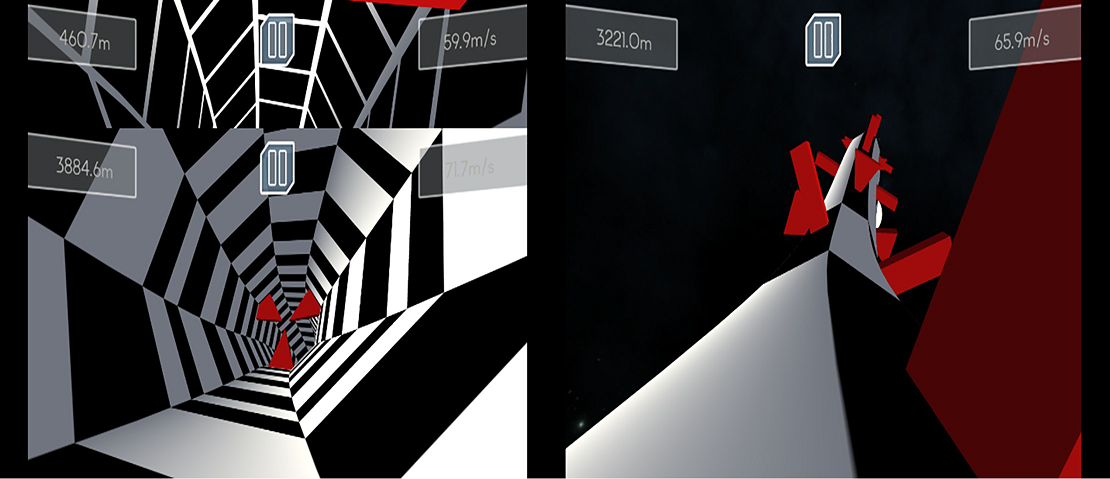From Screen to Scalpel: Can Gaming Make You a Better Surgeon?

Well, hello there. 🙂
In gaming literature, it is often mentioned that gamers improve their hand-eye coordination and visuospatial abilities through gaming. Both lead to improved in-game performance. But do they also provide benefits outside the virtual world?
• Some skills acquired by professional gamers may poorly transfer to other job domains.
• However, such skills (especially visuospatial abilities and hand-eye coordination) could be valuable in other jobs, e.g., medicine. 135 medical students played a 2D and 3D game to test their gaming skills.
• Furthermore, they completed three tasks to measure their surgical performance.
• Male students did better on both games. However, there was no difference in surgical performance.
• Better gaming skills were found to correlate with better performance in the surgical tasks.
• The two abilities strengthened by playing video games were found to lead to better scores in surgical tasks. However, the authors mention that these skills do not guarantee success, as other factors play a role too.
• Video game players should not act under the illusion that playing too many video games is okay by justifying their actions and labeling them as "training" to improve in other domains of life.
🥷 Ninja-Like Skills
In some earlier episodes on the career development of professional gamers, I argued that transitioning out of esports for professional players is hard. The main argument was that the skills they acquired during their time as professional gamers poorly transfer over to other job domains.
Two of the most widely mentioned abilities in the literature that gamers improve on are hand-eye coordination and visuospatial abilities (better at analyzing visual information). Both of these abilities are typically required and found to contribute to better video gaming performance. However, there may be areas where these kinds of skills come in handy and provide an advantage for the individual. One of these domains we'll be looking at today is surgery.
The study specifically looked at laparoscopic surgery (LS)—where tools are used inside the patient, and the doctor operates using the information a camera picks up inside the patient, displayed on a screen; it's the opposite of open surgery.
"Known factors contributing to the difficulty of laparoscopic surgery are unfamiliar hand movements, the reduction from real-life three dimensional (3D) stereoscopic vision to a virtual two-dimensional (2D) image, and the transfer from a familiar field of vision to the distorted picture of the laparoscopic camera [1]."
Guess what domain is known to train these particular skills? You guessed right! Gaming. Therefore, the authors assumed that gamers might have an advantage compared to non-gamers when it comes to LS.
🎮 Playing Video Games for Science
First, the participants had to be tested for their level of gaming skills. In order to do so, a 2D and a 3D video game were used. The main goal was to survive (not collide) as long as possible as the difficulty increased over time. In both games, a spaceship had to be navigated through the environment (see pictures below). In the 2D version (left picture), the ship could move from left to right. The 3D version required the player to use the right and left keys to mentally rotate the tube to avoid the obstacles.


The 2D version measures hand-eye coordination ability, whereas the 3D version measures visuospatial ability. Longer survival was a general measure of gaming experience.
To measure LS skills, a laparoscopic training simulator that had three different tasks (see the picture below), which are comparable to those in actual LS, was used. In those tasks, the goal was to make the least number of errors. Each error would be punished by adding five extra seconds to the participants' timer.

In the study, 135 medical students (55 males, 80 females) participated. Each of them played three rounds of the video games and the laparoscopic training simulator. However, to ensure the order didn't make a difference, some played the video games first, followed by the surgical tasks, while the other group completed things in reverse order.
🚻 Male or Female? Who Performed better?
Male students were found to have better performance in both video games. However, both male and female medical students did not differ in their laparoscopic performance. Apparently, the better gaming skills of men did not make a (big) difference when it comes to the LS performance.
"This may be due to the fact that successful laparoscopic performance may rely on several other skills independent of gaming skills so that gaming skills do not guarantee successful laparoscopic performance [1]."
🕹️ Gaming Skills and Gaming Experience
Not surprisingly, the medical students who owned a gaming console or had prior gaming experience performed better in both games. Interestingly, the number of years someone played video games was not correlated with gaming performance.
🩻 Performance in Gaming and Surgery
"[...] overall laparoscopic performance was significantly correlated with performance in the 3D game and points in the 2D game [1]."
Additionally, medical students who owned a gaming console also performed better in the surgery task. Another contributor to better performance (at least in one out of the three different LS tasks) was gaming experience.
🤔 What can We Learn from it?
First, let's look at the gender differences. Male medical students performed significantly better in both games. However, there was no difference in LS performance between male and female students, and at the same time, better gaming performance meant better LS scores. How does that work?
"This may be due to the fact that successful laparoscopic performance may rely on several other skills independent of gaming skills so that gaming skills do not guarantee successful laparoscopic performance [1]."
Second, what should have become clear now is that there are some areas in life where your gaming skills appear to play a supporting role. Though becoming a surgeon may not be in the realm of possibilities for most of us, daily life activities such as driving or cooking may benefit from it. Especially driving may greatly benefit from gamers' increased visuospatial abilities, and cooking from better hand-eye coordination.
With this in mind, I stand corrected as someone on our Gaming Science Reddit mentioned that gaming-related skills can be beneficial in other job domains. However, if this is true on a broader scale has to be investigated in future studies.
As a closing thought, don't fall under the illusion that playing excessive amounts of video games is okay. Do not try to justify too much gaming by telling yourself you're "training" to become better in other domains of life. A healthy balance is key.
Have a great rest of your week. See you next Sunday.
Christian 😃
Join over 250+ (😍) Gaming Science subscribers and become smarter every week.
"I love this type of content, thank you Chris."






